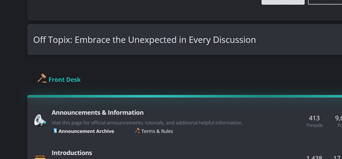A degree is definitely not required to become a professional developer (or designer, for that matter). In fact, I feel like self-taught programmers often are able to demonstrate more skill compared to people who have only just received a degree and 'should be job-ready'. In the past, I have successfully secured positions that 'required' a degree (as mentioned in the job postings) of some sort, despite not having a degree related to design or development myself either. And well, I am now working as a creative director doing both and managing a small team of designers (and I am a freelancer - design + development - as well).
So ultimately, your skills and experience matter way more than that degree. Whenever I had to talk with a potential employee, I honestly was never all that interested in their degree - if at all. I always looked at the portfolio they sent in first and
then had a look at their curriculum vitae (primarily to check if they were simply not job hopping too much).

A little side note though: I do appreciate it if people at least do have
some degree (but not in IT / design per se). It does show some perseverance, after all.


